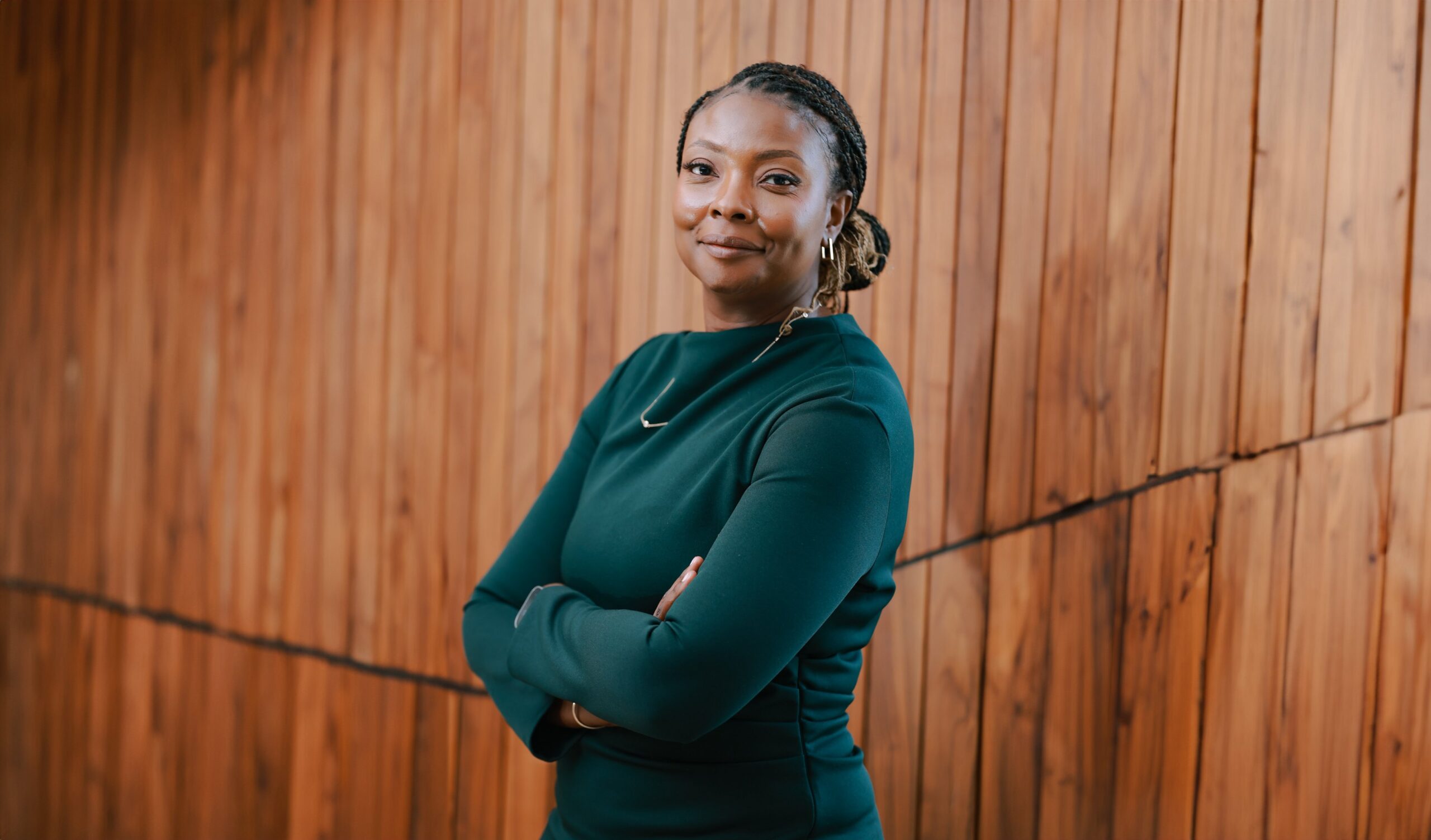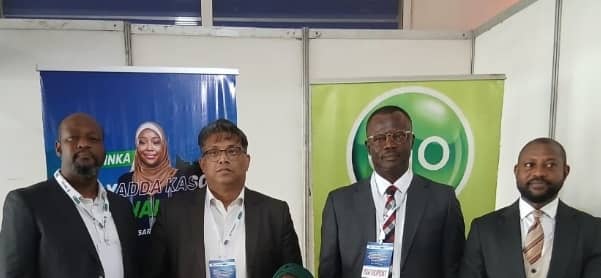Aderibigbe Benedicta
In a profession steeped in tradition, the appointment of Olubunmi Fayokun as Chairman of Aluko & Oyebode and Head of its Corporate & Commercial Practice marks a bold step into the future.
Elevating her to this role is more than the placement of a capable leader at the helm, it is an acknowledgement of the power of persistence, precision, and long-term vision.
Fayokun is a strategic force who has spent decades working at the intersection of law and finance, leading firms and shaping Nigeria’s legal and economic landscape.
Since its founding in 1993, Aluko & Oyebode has been instrumental in shaping the legal frameworks of modern Nigeria. From its role in privatisation efforts, to banking sector reforms, and the structuring of power, oil, and infrastructure projects, the firm has been at the centre of transactions that underpin the Nigerian economy.
With a client base that includes multinationals, investors, and regulators, Aluko & Oyebode has earned credibility that extends far beyond Nigeria’s borders.
This leadership transition reflects a culture of succession that is deliberately embedded in the firm’s identity. Fayokun’s appointment is both proof and product of that strategy.
Over the past three decades, Fayokun’s influence on Nigeria’s legal and economic architecture has been substantial. She has led major transactions in banking, aviation, and power infrastructure, represented multinational clients in oil, mining, and agriculture, and served as company secretary and legal adviser of one of Nigeria’s leading investment banking firms.
Her imprint is clearly visible on Nigeria’s capital markets, where she has played a pivotal role in refining their structures.
Her career demonstrates that lawyers can and should be more than facilitators of deals. They must be guardians of the rules that hold the economy together. As Chair of the Capital Market Committee of the Nigerian Bar Association’s Section on Business Law, she worked with the SEC to reform and expand Nigeria’s stock market. That work may lack glamour, but without such frameworks, markets collapse.
It is no coincidence that her work has earned international recognition. Citations in Chambers Global, IFLR1000, Legal 500 and Who’s Who Legal (Lexology Index) are not just accolades; they are evidence that Nigerian professionals can meet the highest global standards. Her induction into the IFLR1000 Women Dealmakers Hall of Fame further affirmsher consistency in a market where inconsistency too often prevails.
As a woman leading one of Nigeria’s largest law firms where men dominate at senior levels, Fayokun’s appointment is not just a personal achievement but challenges entrenched norms within the profession. Aluko & Oyebode’s decision to elevate her underscores its pioneering spirit: not only in the practice of law, but in promoting from within and empowering the most competent—regardless of gender—to lead.
It is a reminder that excellence is not determined by gender, and that the barriers women face in Nigerian law must neither be normalised nor accepted.
Her career also carries lessons for the wider legal profession. Too many Nigerian law firms are personality-driven, built around the founding partners. When those figures fade, the firms often fade with them, leaving fragility where resilience should be.
In contrast, Aluko & Oyebode’s institutional approach—prioritising continuity and succession—has preserved its credibility with clients at home and abroadthrough the adoption of a legal culture rooted in persistence and long-term vision.
Fayokun also represents a different kind of leadership.
Her approach is unostentatious, steady, and consistent. Paradoxically, this approach has made her, and Aluko & Oyebode, stronger.
Of course, no leader is immune to market realities. Law firms are businesses, subject to competition, macroeconomicvariables, and global pressures. Leadership is never uncomplicated. That is what makes Fayokun’s appointment so significant: she takes charge of a firm with deep roots in Nigeria’s legal landscape, and her objective will be not only to preserve its standing but to extend it in an increasingly competitive global environment.
Her experience makes her uniquely suited for this role. Having led the firm’s Capital Markets and M&A practices, and having worked closely with the SEC, she understands both the technical demands of complex transactions and the policy frameworks that shape them.
In her new role, she has the opportunity to unite these perspectives, pushing the firm into new terrains while helping to shape the broader economic frameworks that Nigeria will rely on in the years to come.
Her appointment is a reminder that continuity is what sustains institutions. Fayokun’s task is not simply to preserve the firm’s standing, but to elevate it. In doing so, she offers a model not only for the legal profession but for leaders in general: progress is best achieved through steady, enduring and effective authority.
*Aderibigbe Benedicta wrote in from Lagos



